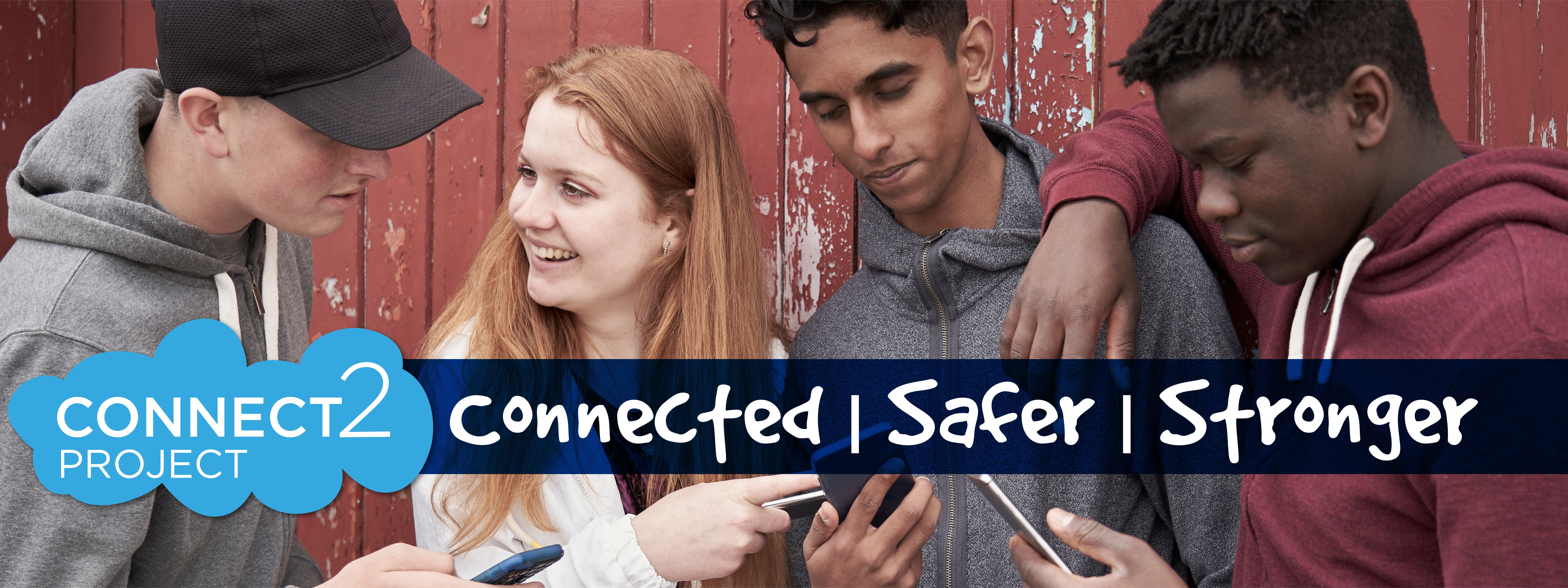
Child sexual exploitation (CSE) is where someone is making you do sexual things that you don’t want to do. CSE is a form of sexual abuse of young people.
It is not just something that affects teenage girls or specific groups and can happen in and out of school. It involves an individual or group of people grooming, putting pressure, forcing, or deceiving someone into sexual activity.
Grooming happens when someone builds a relationship, trust and emotional connection with a child or young person so they can manipulate and exploit them. Grooming can take place over a short or long period of time – from weeks to years.
Groomers may also build a relationship with the young person’s family or friends to make them seem trustworthy or authoritative.
Children and young people can be groomed online, in person or both – by a stranger or someone they know – like a teacher, mentor, faith group leader, sports coach or someone who is dominant and persistent.
Young people can be groomed online through:
Groomers can use tactics like:
Young people may not understand they’ve been groomed or sexually exploited. They may have complicated feelings, like loyalty, admiration, love, as well as fear, distress, and confusion.
Some of the signs someone you know may be being groomed or sexually exploited might include:
If you or someone you know is a victim of child sexual exploitation, you should contact:
Childline: by calling 0800 1111, or by signing up to their online chat/ message service (9am – midnight)
The Police: by calling 999.
Read more about the risks in our frequently asked questions section below
For more advice and support, visit:
Childline’s specialist advice – on what you can do, where to find support if you have been sexually exploited or know someone who has
You can get support through the Youth Emotional Support (YES) service at your local FindItOut Centre. There are FindItOut Centres in Adur, Bognor Regis, Chichester, Crawley, Horsham, Littlehampton, Mid Sussex and Worthing.
To request online support from Victim Support
Fearless – which allows you to pass on any information about a crime, 100% anonymously.
CEOP is a law enforcement agency which aims to keep children and young people safe from sexual exploitation and abuse. You can report any of your concerns to one of CEOP’s Child Protection Advisors and they will investigate those concerns for you. You can read more about CEOP and start your report here
Crimestoppers – is an independent charity that gives you the power to speak up to stop crime anonymously.
Telephone: 0800 555 111
Website: www.crimestoppers-uk.org
For Teachers or Professionals looking to learn more about ways of spotting and tackling CSE, you can read headlines from research on child sexual exploitation and best practice for school, here.
If you are concerned that someone you know may be grooming a young person, you can make a confidential report to senior management at their organisation via the SafeCall system. You can make a confidential report here
Or to access resources on how to keep young people safer online, visit Internet Matters advice pages
You will need to talk to that person at the earliest opportunity.
It can be a daunting conversation but remember they may be scared or unwilling to talk about it.
We advise:
If you have a concern about the safety of a child, please contact your local council’s children’s services (often called a Multi-Agency Safeguarding Hub) or the police if a child is at immediate risk.
If you are looking for general advice or information about safeguarding or child protection, contact one of our Community Ambassadors who can talk to them and signpost them for further help
If the young person will not engage with you, contact us by email and we will aim to put you in touch with one of our trained Community Ambassadors who may be able to help you make the breakthrough you need
Embrace (https://embracecvoc.org.uk) are a charity supporting children, young people and families who are victims of serious crime. Embrace help victims and their families cope with what has happened, support their recovery and provide services that enable them to put events behind them, to move on and fulfil their potential.
Victim Support has dedicated advice and support networks for young people and their families – see, https://www.victimsupport.org.uk/help-and-support/young-victims-crime. Their youth programme, You & Co, helps children and young people affected by crime.
As a victim of crime, you are entitled to certain information and support from criminal justice agencies such as the police and the courts. The Victims’ Code explains what you can expect from the moment you report a crime to what happens at and after a trial. To read the Victims Code – https://assets.publishing.service.gov.uk/government/uploads/system/uploads/attachment_data/file/746330/victims-of-crime-leaflet-2018.pdf
If you need more information or would like to speak to one of our team or a Connect2 Community Ambassador, please contact us using the contact form at the bottom of this page
We will treat all information you provide in confidence which means our team will not share personal details about you with others unless you have said that we can or it’s absolutely necessary. It may be necessary to protect your best interests or the interests of the public, for example, if you have information that suggests you or another young person is at immediate risk of harm or if you have information to suggest that someone else is posing a risk of harm to another person. We will always let you know when that is the case.

